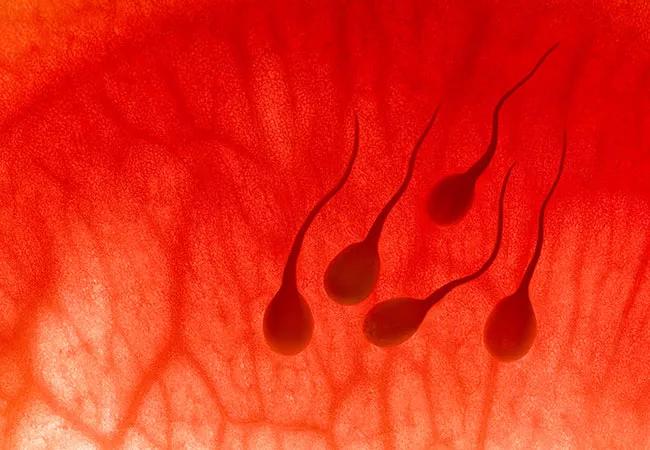Investigators looked at nearly 3 million patients

Despite the fact that vasectomy is a simple, effective outpatient procedure, it is an underused form of birth control in the United States with only 8 to 12 percent of couples relying on it for family planning.
Advertisement
Cleveland Clinic is a non-profit academic medical center. Advertising on our site helps support our mission. We do not endorse non-Cleveland Clinic products or services. Policy
One thing that may be contributing to its low usage is the three-decade long debate over whether the procedure increases a man’s risk for prostate cancer. In the late 1980s and 1990s, several studies emerged showing a slight association between vasectomy and the risk of prostate cancer.
Now a recent meta-analysis published in July in JAMA Internal Medicine should finally end the debate, says Eric Klein, MD, urologist and Chairman of Glickman Urological and Kidney Institute at Cleveland Clinic. “It’s a very strong analysis and it puts it to rest once and for all: there is no increased risk of prostate cancer for men who have a vasectomy.”
The older studies that found a slight correlation between vasectomies and prostate cancer were small and single-institution or single-cohort studies. Even though they found an only slightly elevated risk, Dr. Klein says, it created anxiety in some men interested in vasectomies.
One of the constant criticisms of those studies was the argument that correlation is not causation. Critics pointed out the cascade effect: simply by having a vasectomy, a man was more likely to see a urologist in the future because he had a familiarity with the specialty. By seeing a urologist, he was then likely at some point to have a PSA test, which could lead to a biopsy and a cancer diagnosis.
“No one ever came up with a robust biological rationale or even a plausible one for why the two should be linked,” Dr. Klein says. “The challenge with epidemiological studies like this is you can’t infer causation. That would require a randomized controlled trial that frankly could never be done. This meta-analysis is the best evidence we are ever likely to have on this issue.”
Advertisement
The new meta-analysis looked at large group of patients and included studies that had different designs, including case, cohort and cross-sectional studies. “It’s a very strong study,” Dr. Klein notes. “It’s the largest that’s ever been done and its strength lies in the number of participants, almost 3 million.
“When you ask a question over such a broad segment of the population, you’re going to get much closer to the truth than any individual study does. And what this study showed was that there is no increased risk of getting prostate cancer if you had a prior vasectomy. That should set everyone’s mind at ease.”
Advertisement
Advertisement

Pediatric urologists lead quality improvement initiative, author systemwide guideline

Fixed-dose single-pill combinations and future therapies

Reproductive urologists publish a contemporary review to guide practice

Two recent cases show favorable pain and cosmesis outcomes

Meta-analysis assesses outcomes in adolescent age vs. mid-adulthood

Proteinuria reduction remains the most important treatment target.

IgA nephropathy is a relatively common autoimmune glomerular disease that can be diagnosed only by biopsy

Oncologic and functional outcomes are promising, but selection is key